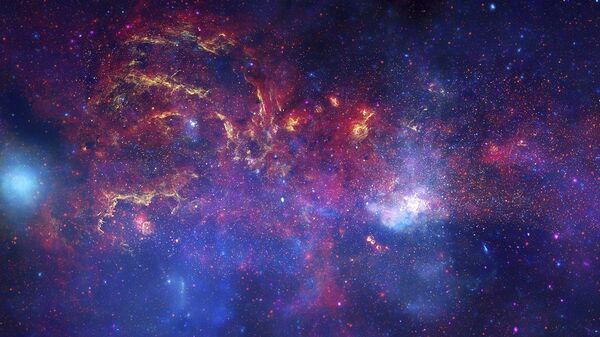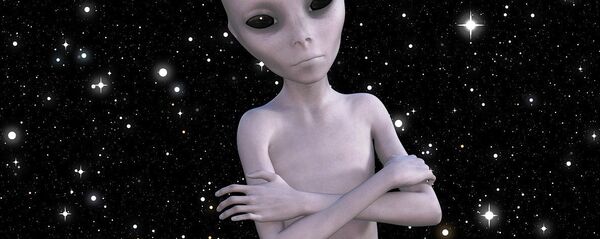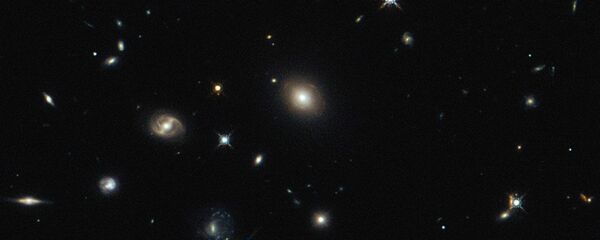The Third Cambridge Catalogue of Radio Sources (3C) is a database of radio sources detected in outer space, compiled in 1959. In 1962, the catalogue was revised, creating a 3CR edition.
A team of researchers led by Andrea Maselli recently conducted a series of observations using NASA’s Swift observatory to take a closer look at 21 radio sources included in the 3CR index.
Many of these were unidentified, and their properties unknown, but researchers shed new light on the sources.
"We have investigated a group of unassociated radio sources included in the 3CR catalog to increase the multi-frequency information on them and possibly obtain an identification," reads the team’s paper, published on arXiv.org earlier this month.
Researchers spent four months observing the sources, and determined that nine feature a substantial emission in the soft X-ray band.
"After conducting Swift observations of 21 bright NVSS [NRAO VLA Sky Survey] sources corresponding to 3CR sources classified as unassociated in the third update of the 3CR catalogue, we have obtained new X-ray detections for nine of them," the paper states.
"Moreover, cross-matching the NVSS with the recent AIIWISE Catalogue, we have found a WISE counterpart to all these nine X-ray sources, as well as to four cases with no X-ray detection."
Many questions remain.
"Our analysis suggests that a spectroscopic analysis in the infrared range will be more helpful to identify their nature as well as potentially obtain a redshift measurement."




